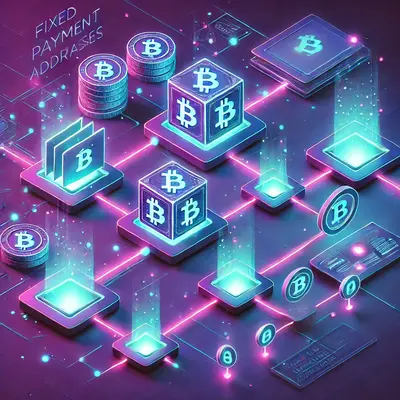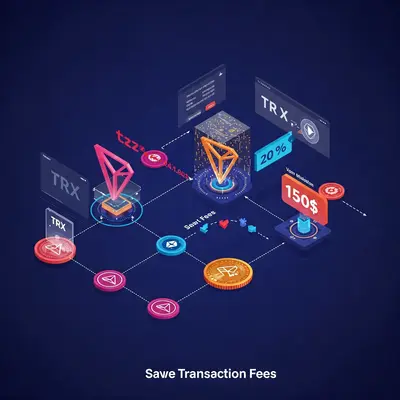Blog Post
Read our latest blog posts and stay updated with the latest trends and insights in the blockchain industry.
Explore a wide range of topics and discover valuable information that can help you enhance your
knowledge and skills.


By Chaingateway
Mar 23, 2022
TRC10 and TRC20 are both Token standards on the Tron Network. However, there are some significant technical and cost differences between them. These differences mainly arise from how these two standards are designed. The TRC20 standard is designed for complex smart contracts while the TRC10 standard is designed mainly for the immediate creation and use of tokens.
TRC10 tokens on the Tron Network were the first token standard on the Tron mainnet. They are widely supported and if anyone comes across a TRC token, there is a good chance it is a TRC10 token. The TRC10 standard is most used to carry out ICOs on the Tron Network.
One major reason why TRC10 is a favorite ICO token standard is that it is free in most cases. It only costs the bandwidth needed to make it. Most major wallets today also support the TRC10 standard, which makes it the easiest way for investors to subscribe to an ICO.
The only downside is that supply cannot be increased once the tokens are created. However, TRC10 tokens can be burned by sending them to the TRON burn address.
The TRC20 standard has been touted as the Ethereum killer. The standard became necessary after the launch of the Tron Dapp ecosystem, which meant that the Tron protocol could support Ethereum smart contracts. As a result, developers can switch from Ethereum to Tron. The TRC20 standard mirrors the ERC20 standard on Ethereum, which makes it easy for developers to make the switch to the Tron mainnnet.
Smart contracts come with endless opportunities, which was not possible with the TRC10 standard. However, setting up the TRC20 standard is more complex, and it is not yet widely supported. However, it is a more powerful standard with a high degree of customization.
Here are the key areas where these two standards differ:
With the TRC10 standard, the learning curve is relatively easy, but it can be more complex with a TRC20 standard.
Another major difference is decimal, with up to 18 decimals supported with the TRC20 standard, and 6 with the TRC10 standard.
One of the most significant differences is in terms of transaction fees. With TRC10, the fees are 1000 times lower than with TRC20.
Tracking TRC10 standard tokens is easy since the capability is built within the tokens. With TRC20 standard tokens, this capability is not there; you need a third-party application to track the tokens.
With TRC10 standard tokens, it is possible to access a standardized HTTP API provided by full nodes, a capability that is lacking with the TRC20 standard tokens.
Both token standards have their strong points according to particular use cases. It is up to the developers and project teams to decide on which standard suits them best since each standard comes with its own benefits and downsides.
No matter which standard you decide for: Stay ensured there is an easy way to interact with these tokens in an automated way. In case you want to send tokens automated, check balances or receive web hooks on deposits you can check out the Tron documentation of our popular Blockchain API.
Enter your email to receive our latest newsletter.
Don't worry, we don't spam

chaingateway

chaingateway

chaingateway
Compare Ethereum, Tron, and Binance Smart Chain. Explore transaction speeds, fees, and functionality to choose the best blockchain for your needs.
This blog post explains what Tron fees are, why they matter, and how they work on the Tron blockchain network.